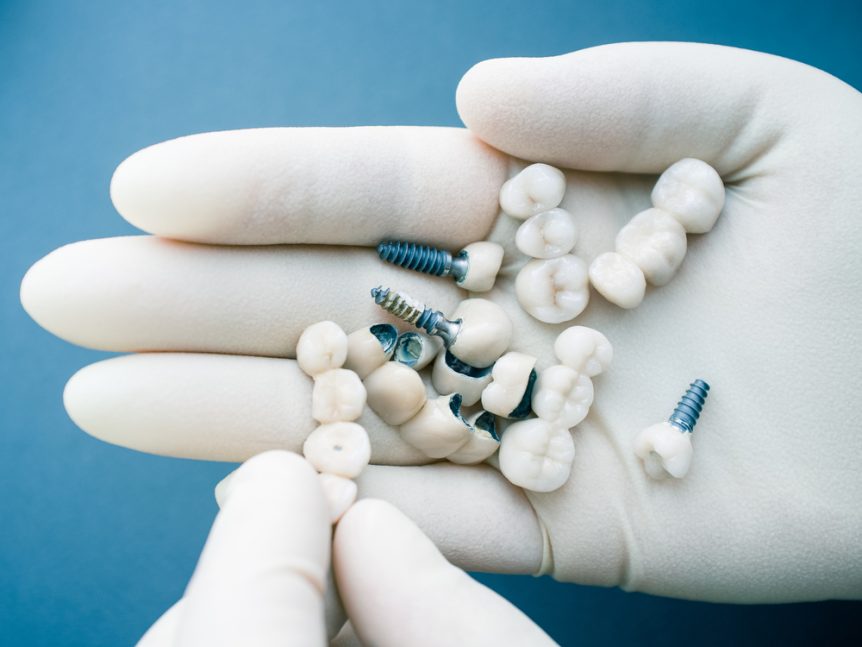You’ve just had dental implant surgery. Congratulations! This is a huge accomplishment. Your new smile looks amazing and feels great. What you eat now that you have implants is important to both your short-term recovery and long-term success.
Foods To Avoid
In the first few days after surgery, it’s important to eat soft foods that are easy to chew. This will help your mouth heal and prevent any further damage to your new implants. After a week or so, you can start adding more solid foods back into your diet.
You should avoid these foods for at least the first week after surgery:
- Chewy foods: bagels, tough cuts of meat, chewy candy
- Hard Foods: nuts, ice, popcorn kernels
- Sticky Foods: taffy, gum, caramel
- Spicy Foods: certain spices can irritate your surgical site
- Alcoholic beverages: can interact with pain medication
In addition to being mindful of what you eat, it’s also important to take care when you chew. Be extra careful not to bite your tongue, lip, or cheek. It may take a little getting used to, but chewing slowly and carefully will help you avoid any potential problems.
Foods To Eat
So what can you eat? Here are some general guidelines for eating with dental implants:
- Choose nutrient-dense foods: fruits, vegetables, lean proteins, whole grains
- Eat plenty of fiber: helps prevent constipation which can be a side effect of pain medication
- Stay hydrated: drinking water throughout the day will help keep your mouth healthy and promote healing
In the first few days after surgery, you may find it difficult to eat much more than soup and smoothies. That’s okay! Just make sure you’re getting enough calories and nutrients to maintain your strength during this time. As you start to feel better, you can gradually add other soft foods back into your diet. Soups, eggs, yogurt, fish, and mashed potatoes are all good options. Avoid crunchy fruits and vegetables like apples and carrots until your surgical site has healed completely (typically around 6 weeks).
Following these guidelines will help you heal quickly and reduce your risk for complications after Durham dental implant surgery. If you have any questions or concerns about what you should be eating (or not eating), be sure to ask your doctor or surgeon. They will be happy to offer specific recommendations for you based on your situation.

